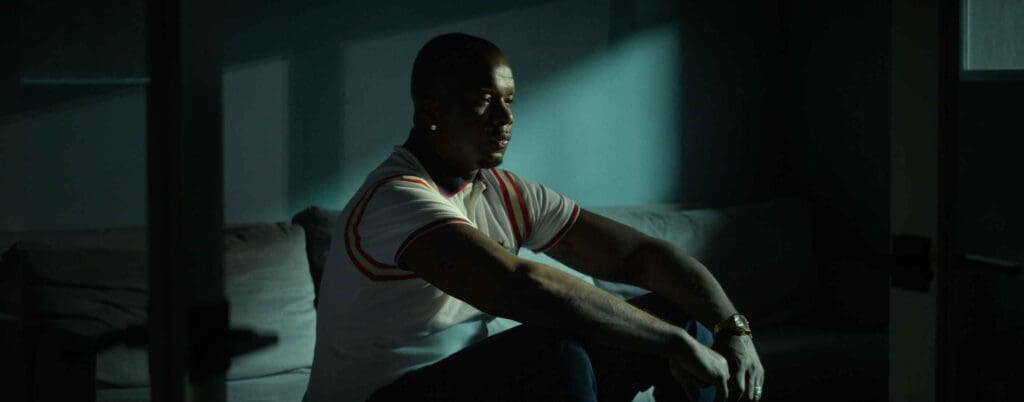Summary
Floyd Russ’s documentary reexamines basketball’s infamous brawl with care, intensity, and a willingness to change an old narrative. If you liked The Last Dance, it’s a must-watch.
Netflix’s Untold: Malice at the Palace was released on August 10, 2021 — Untold is part of a weekly docuseries.
The first installment of Netflix’s newest docuseries, Untold, focuses on the NBA’s infamous Malice at the Palace, a brawl that took place November 4, 2004. With about 46 seconds left in the game between the Detroit Pistons and Indiana Pacers, anger boiled over, leading to a fight between Pacers players and Pistons fans. Criminal charges, hefty suspensions, and league-wide changes became the result, with nationwide media putting the blame on the Pacers’ Ron Artest, Jermaine O’Neal, and Stephen Jackson, three players labeled “thugs,” igniting conversation on the image of the NBA. Untold: Malice at the Palace reexamines that day, that narrative, and the far-ranging implications of the brawl.
Created by Chapman Way and Maclain Way with this first installment directed by Floyd Russ, the 69-minute documentary wants to give those three Pacers players, all since retired, the time and platform to discuss the incident. Replaying the security footage from every angle in an almost relentless manner, Russ’s doc exemplifies how this event hasn’t changed for anyone but the players themselves. Most NBA fans, commentators, and analysts discuss the event with an air of mystique, giving it gravitas for being a black-eye of the league’s history, though the players, especially Jackson, contain harbored (and understandable) resentment. The Malice at the Palace changed the course of the NBA, yes, but it altered these players’ careers, images, and mental health.
Told from a chronological point-of-view, with the players telling the stories that led to this game, it starts the Netflix docuseries off on a high point, one that rivets and frustrates you the longer it goes on since you already know how it’ll end. Anyone that has watched the NBA for any stretch in their life has seen the clips, heard the stories, and understood the surface consequences. A full-year suspension for Artest, trade requests that led to a Lakers’ title years later, O’Neal and Reggie Miller losing their best chances at a title, the David Stern dominance, and subsequent dress code.
All of those could be considered repercussions of the fight. The documentary instead tends to highlight the image and legacy of the Pacers’ players, specifically how it lessened in integrity and magnitude. According to Russ, much of the blame lands on the Pistons fans, some of whom agree to interviews for the film, all of which sound like instigators unwilling to recognize their role in the brawl. These fans come out scathed, doomed by their lack of empathy, heightened by the league’s more recent issues with unruly, racist, and damning fan behavior, the majority of which coming from white fans directed toward Black players.
More than anything, Untold: Malice at the Palace feels comprehensive and final. This story, as repeated by Jackson, doesn’t need to continually be shown to TV-watchers and NBA fans and non-fans on a yearly loop. Though it shows the unequal consequences for everyone involved, time has passed. The players don’t have the energy to keep replaying these moments for an audience, they do it enough during their own time. It changes the narrative one final time, giving these labeled players the opportunity to tell a more complete story than was spun by Commissioner Stern, a man spotlit for his inadequacies during the events of 2004. Even if the Pacers stars show remorse and understand their roles in the scrum, they’re the ones deserving of another chance to explain and retake this story. And, for the better, retake they do.
Russ’s documentary isn’t just a retelling of an old narrative, it’s a reclaiming, a necessary revision to a nearly two-decades prior incident.
What do you think of Netflix’s Untold: Malice at the Palace? Comment below.



